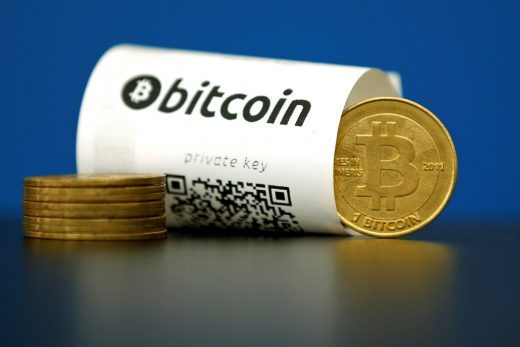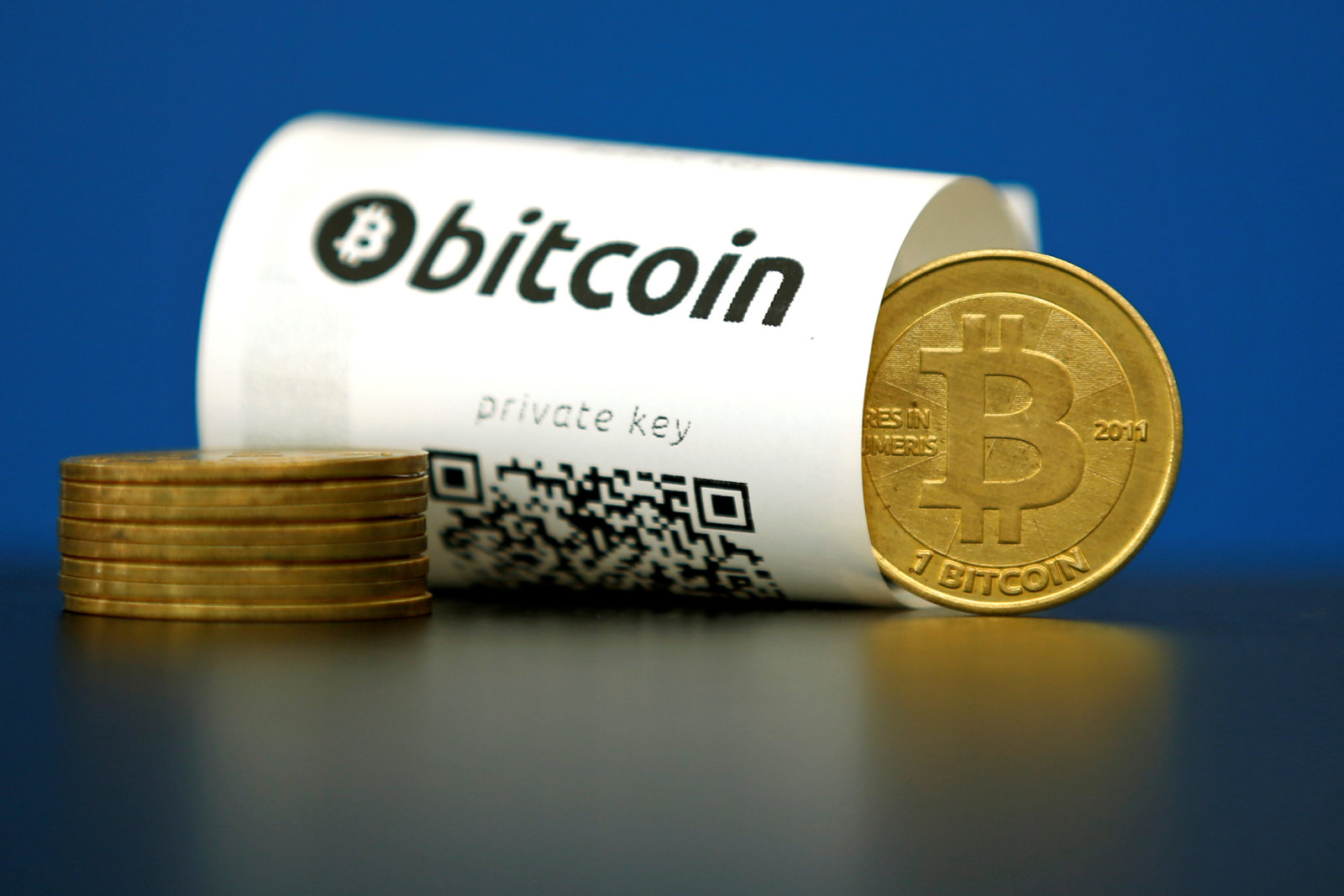Russia hopes legitimizing Bitcoin will thwart crooks
Russia’s existing stance on bitcoin and other digital currencies is… less than welcoming. You could face website bans and prison time just for using it. However, the country is making an about-face on the idea. Deputy Finance Minister Alexey Moiseev tells Bloomberg that Russia hopes to recognize cryptocurrencies in 2018. Officials still have to determine how they will categorize this virtual money (assets? Cash? Securities?) sometime in mid-2017, but it’s now more a question of “when” than “if.” Of course, this isn’t a purely benevolent move — it’s really about cutting back on crime.
Moiseev pitches this as a bid to fight money laundering. If Russia knows who’s involved in a transaction (as is the case with regular money), it can thwart attempts to disguise crimes by shuttling money abroad. The country has already had success fighting conventional laundering schemes in the past several years, and this would prevent criminals from shifting to digital formats.
This recognition isn’t necessarily going to do much to thwart criminals who use bitcoin to hold devices for ransom (they’re not law-abiding to start with), and it’s certainly not going to affect state-backed hackers that regularly deal in cryptocurrencies. Even so, it’s a big step forward for both everyday Russians hoping to use digital cash as well as people abroad worried that Russia’s policies were letting many criminals go unchecked.
(47)
















